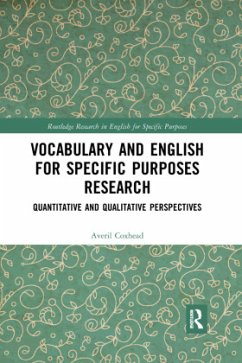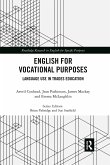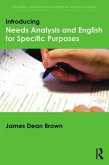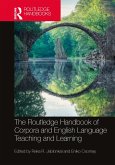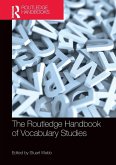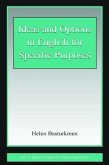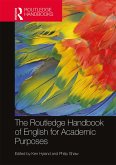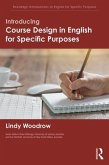This volume provides an important contribution to the study of vocabulary and its relationship to English for Specific Purposes (ESP) research and teaching.
Focussing on quantitative and qualitative approaches, this book draws on a wide range of literature to explores key issues that include: how to identify and categorise specialised vocabulary; and the role and value of word list research in English for Academic Purposes (EAP) and ESP. This book features:
An analysis of material in a range of different contexts that include secondary school education, pre-university and university-based education, professional and occupational ESP, and the trades.
inclusion of many examples of specialised vocabulary from research in Aotearoa/New Zealand and from many other areas in the world.
a review of the application of vocabulary research to professional and pedagogical practice
suggestions for future directions for research.
Written by a leading researcher, Vocabulary and English for Specific Purposes Research provides key reading for those working in this area.
Focussing on quantitative and qualitative approaches, this book draws on a wide range of literature to explores key issues that include: how to identify and categorise specialised vocabulary; and the role and value of word list research in English for Academic Purposes (EAP) and ESP. This book features:
An analysis of material in a range of different contexts that include secondary school education, pre-university and university-based education, professional and occupational ESP, and the trades.
inclusion of many examples of specialised vocabulary from research in Aotearoa/New Zealand and from many other areas in the world.
a review of the application of vocabulary research to professional and pedagogical practice
suggestions for future directions for research.
Written by a leading researcher, Vocabulary and English for Specific Purposes Research provides key reading for those working in this area.
"By bringing together work in such diverse areas and emphasising a range of research approaches and foci, Coxhead gives us a birds-eye view of the ¿eld which both enables broader patterns to emerge and will provide most readers with new insights and inspiration."
- Philip Durrant, University of Exeter, TESOL Quarterly
- Philip Durrant, University of Exeter, TESOL Quarterly

